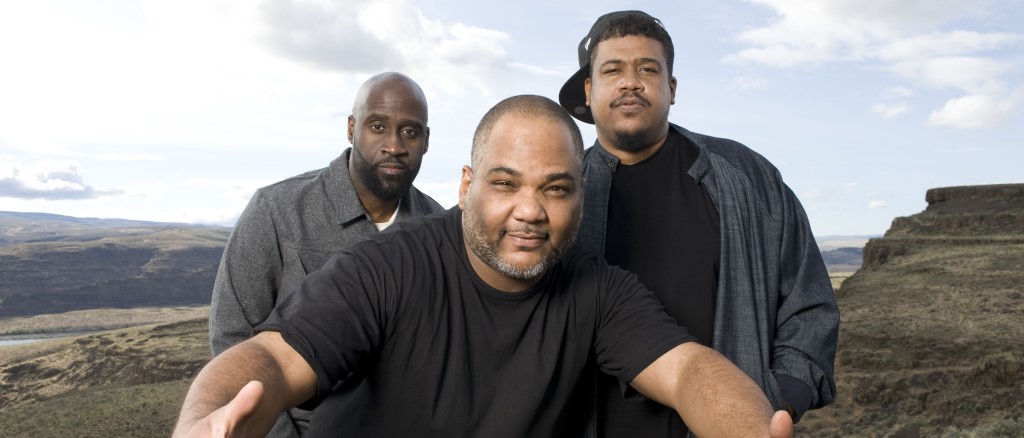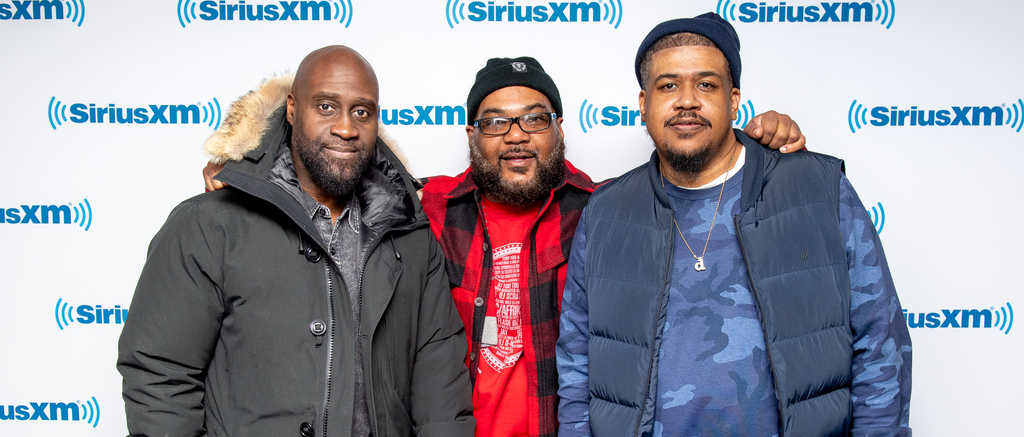Just months before Hip-hop’s 50th commemoration, De La Soul shared that their entire catalog would finally be available on streaming platforms for the first time. As one of rap music’s most impactful trios, fans jump for joy knowing that their years-long battle with former label Tommy Boy Records had finally ended. Unfortunately, beloved member Trugoy died before it could happen.
Now that their critically acclaimed bodies of work are available for all to enjoy, Maseo and Posdnuos addressed their fight to gain control of their catalog. The group discussed their lengthy legal pursuit in the teaser clip for their upcoming appearance on People’s Party with Talib Kweli.
“I’m going to be very candid and very real; it was like freeing the slaves but adding vagrancy laws,” said Maseo. Vagrancy laws were enacted to essentially make it a crime for an individual to loiter. For decades, vagrancy laws have been criticized as an attack on unhoused people.
With his statement, Maseo seemingly touches on the rumors that the group almost were given their rights to the past works but were told they wouldn’t be allowed to monetize it any further. This was at the root of online speculation after negotiations between parties were shut down in 2019.
Maseo continued, “[The deal] was almost like giving me a house that I couldn’t do nothing with… the wordplay in the contracts. I have a house I can live in, but I can’t sell it. I can’t control nothing [in it], but I can live inside of it. That just wasn’t going to work for me or my crew. It was another form of slavery, in my opinion.”
Maseo’s wife, Tina, played a critical role in his desire to push forward. “The more we continued to talk about it [I realized] we were talking about a new deal over old music and [look at] the age we’re at, at the same time… What future opportunity are we really talking about?.. The more I assessed this thing, we’re in a business where we are worth more dead than alive. So, it was really about negotiating that deal based on death and life. Knowing the realities of the business that we are in,” proclaimed Maseo.
He closed by saying, “It was a tough decision to make, but God was on our side. My wife was on my side, and it worked out for the best. It wasn’t even Tommy Boy that made it right. It was the new owners of the catalog that did. Tommy Boy… Tom Silverman would’ve never made it right.”
Watch the full clip above.



